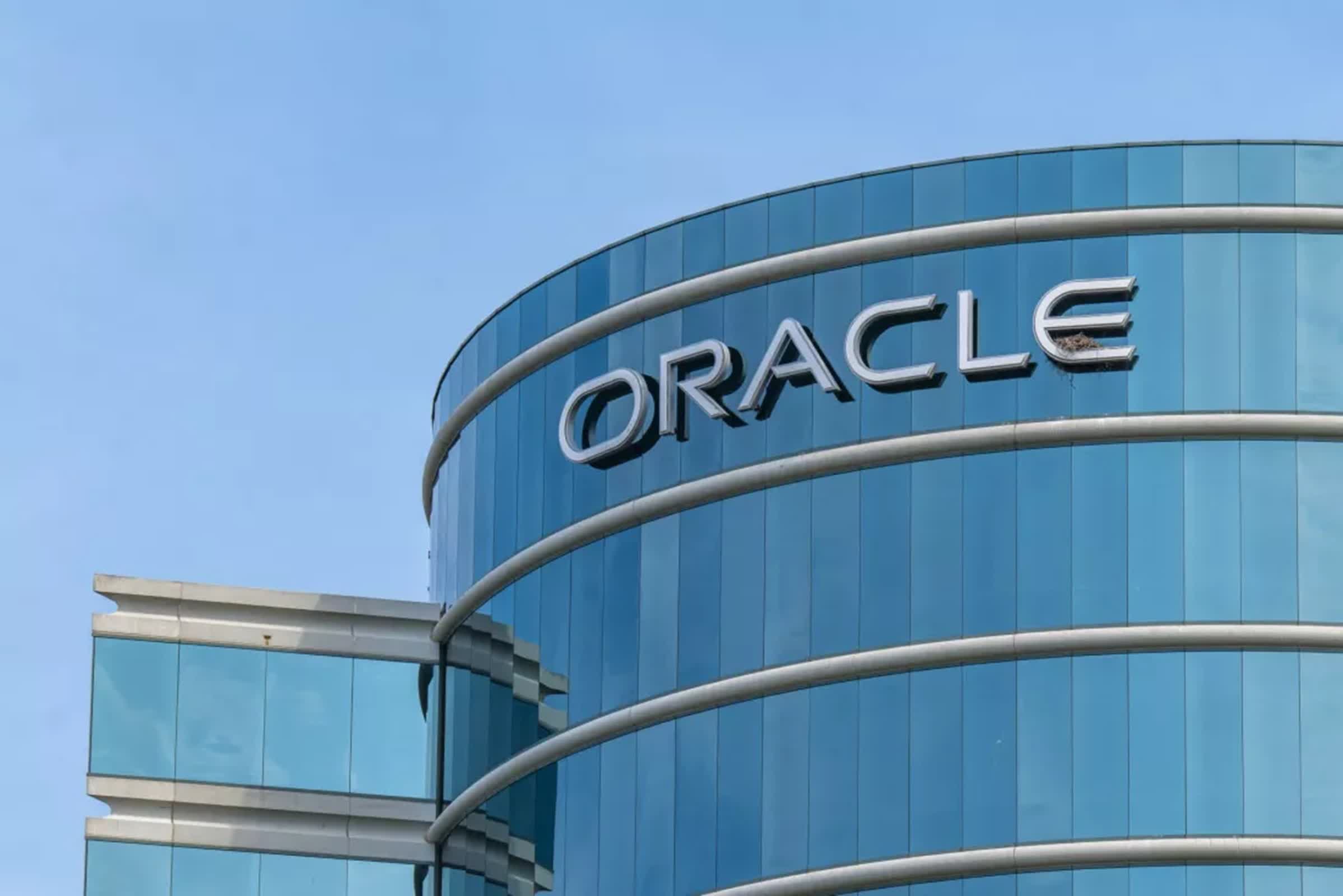Through the looking glass: Advanced technology has sparked numerous debates about the balance between security and privacy, and AI is no exception. Recent remarks by Oracle co-founder Larry Ellison are certain to reignite this discussion. Ellison's vision of integrating AI into daily life highlights critical ethical concerns regarding pervasive surveillance and the influence of tech companies in defining societal norms.
Oracle co-founder Larry Ellison has a vision for the future that will undoubtedly rattle privacy advocates while pleasing champions of public safety. During a recent financial analyst meeting, the executive spoke about artificial intelligence powering extensive monitoring systems, ensuring that both law enforcement and citizens are kept "on their best behavior."
Unsurprisingly, Ellison – now serving as Oracle's CTO – sees the company playing a central role in this potentially dystopian future. He emphasized that Oracle's network architecture, rooted in its expertise with databases, is the perfect foundation for building AI models, as well-organized data is essential for these systems.
Last year, Oracle invested billions in Nvidia GPUs to create high-speed networks aimed at improving data delivery speeds.
Ellison also highlighted Oracle's recent partnerships with industry giants like Microsoft and Elon Musk's ventures as evidence of the company's capability in this area. "If Elon and Satya [Nadella] want to pick us, that's a good sign – we have tech that's valuable and differentiated," the tech mogul said.

However, it was Ellison's vision for "maximizing AI's public security capabilities" that likely startled many listeners. In this world of constant surveillance, police body cameras would always be on, with officers unable to turn off the feed. Even during private moments, such as bathroom breaks, the cameras would continue recording, though sensitive footage would only be accessible via subpoena.
"The police will be on their best behavior because we're constantly watching and recording everything that's going on," Ellison said. He proposed that these feeds would be monitored in real time, flagging potential misconduct and reporting it to authorities. He also suggested that AI-powered drones could replace high-speed police chases.
Ellison's surveillance vision extends beyond law enforcement. "Citizens will be on their best behavior because we're constantly recording and reporting," he added, though he did not specify the sources of this civilian surveillance. Theoretically, it could come from police body cams, public security cameras, or other technologies. Ellison seemed unbothered by potential privacy concerns.
In addition to public security, Ellison suggested applying AI analysis to satellite imagery to enhance agricultural productivity. "There are so many opportunities to exploit AI," he noted.
It's worth mentioning that Oracle has faced accusations of mass surveillance before. In 2022, the company was hit with a class action lawsuit alleging that it tracked individuals' online and offline activities without consent, regardless of whether they were Oracle customers.
Oracle settled the lawsuit last month for $115 million after eight months of negotiations. As part of the settlement, Oracle agreed to change its data collection and usage practices.
